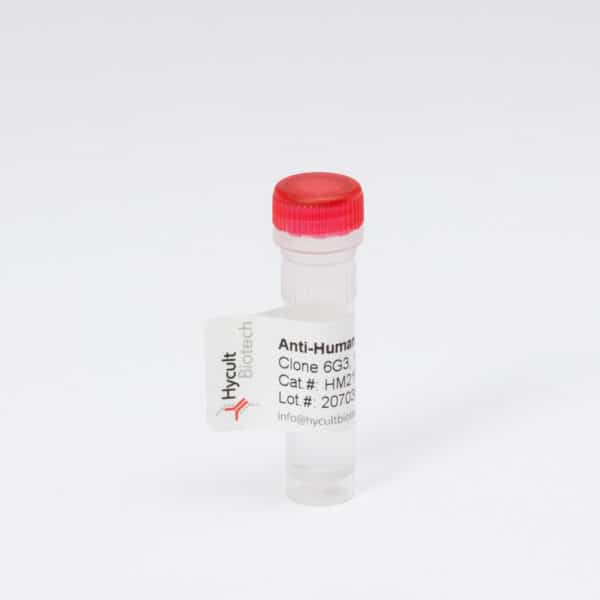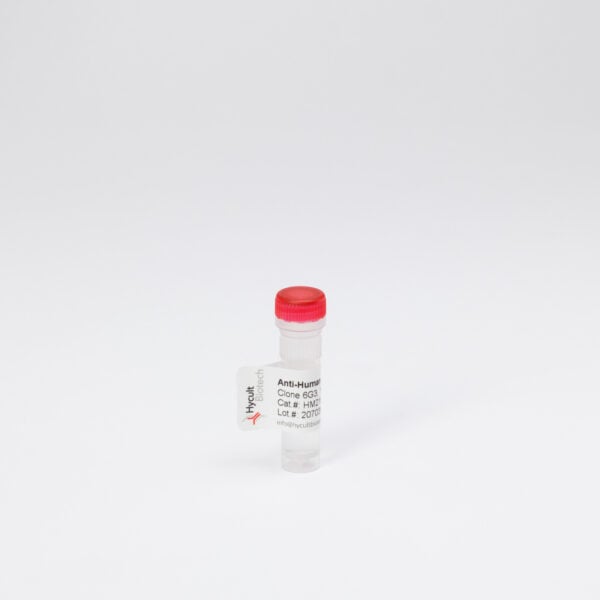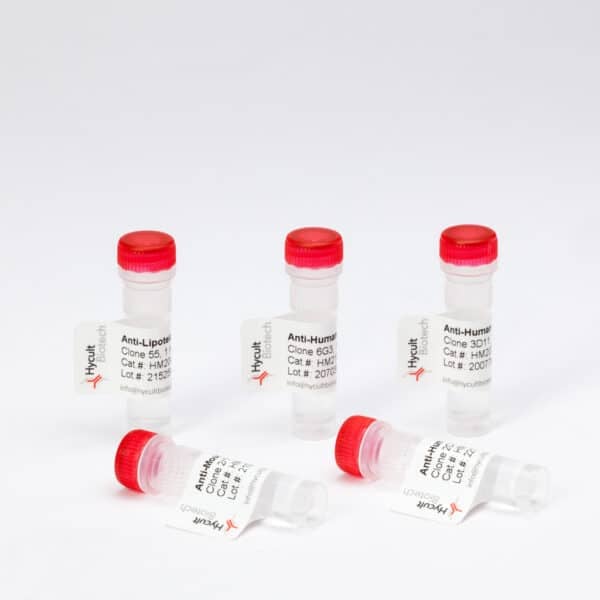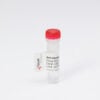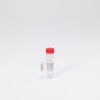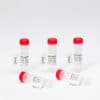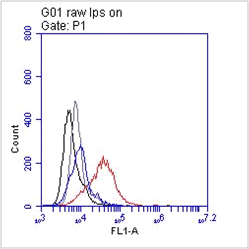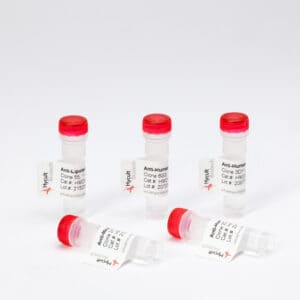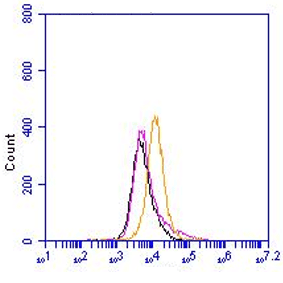Properdin, Human, mAb 2.9
€133.00 €368.00Price range: €133.00 through €368.00
The monoclonal antibody 2.9 reacts with human properdin (factor P), which is a single-chain plasma
glycoprotein with an apparent molecular mass of 52-55 kDa, The protein domain structure of
properdin consists of six thrombospondin repeat sequences between short N- and C-terminal
domains. In blood, properdin exists as a mixture of head-to-tail dimers, trimers and tetramers. The
protein is expressed by a variety of leukocytes, including monocytes, T lymphocytes and neutrophils,
but also by endothelial cells in which properdin synthesis is induced by certain stress factors.
Properdin participates in the alternative pathway of complement activation together with C3 and
factors B, D, I and H by prolonging the half-life of the labile C3bBb, which is deposited on immune
complexes or foreign surfaces. This permits amplification of C3bBb formation in competition with
catabolism of C3b by factor I, which uses factor H as a cofactor. The local amplification process leads
to the creation of the alternative pathway C5 convertase, C3bBb3b, and initiates the terminal pathway
of complement activation. As a consequence, properdin is consumed by binding to C3bBb, which
shows an order of preference of tetramers over trimers over dimers, which corresponds to the
functional activity of the oligomeric forms. Deficiency or malfunction of the molecule may lead to
severe impairment of alternative pathway activation, depending on the precise nature of the defect.
Three types of deficiencies have been described so far: type 1 (or I) is characterized by serum with
very low or absent properdin activity in hemolytic assays and <0.1 μg/ml immunoreactive protein; type 2 (or II) is characterized by low but detectable levels of immunoreactive protein (>2 μg/ml) and
impairment of some, but not all functional test, and type 3 (or III) has normal levels of immunoreactive
but dysfunctional protein (5-25 μg/mL). Lower properdin levels were found in 70% of diabetic patients
when compared to nondiabetic controls and is suggested by the authors that patients with low
expression of properdin take preventive measures and early treatments against infection. The
monoclonal antibody 2.9 is suitable for functional studies as well as use in immunoassays.
